SEUPB seeks views on EU Peace IV and Interreg funding spend
- Published
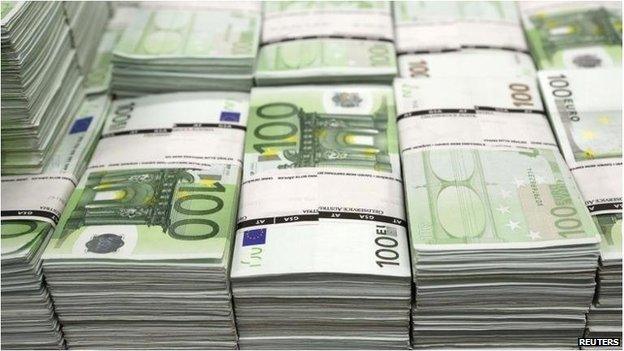
People's views are being sought on how best to spend more than half a billion euros in cross-border European Union funding over the next seven years.
The Special EU Programmes Body (SEUPB) has launched a public consultation, external on proposals for the new Peace and Interreg programmes for 2014-2020.
The schemes aim to enhance cross-border cooperation, and promote reconciliation and a peaceful and prosperous society.
The SEUPB's Pat Colgan said he was expecting "high levels of interest".
Public meetings
"In order to be successful, all funding applications must be clearly aligned to the new aims and objectives of the Peace and Interreg programmes," he said.
"In line with the European Commission's renewed focus on results, all projects will also have to clearly demonstrate the difference they will make in helping the region to develop and move forward."
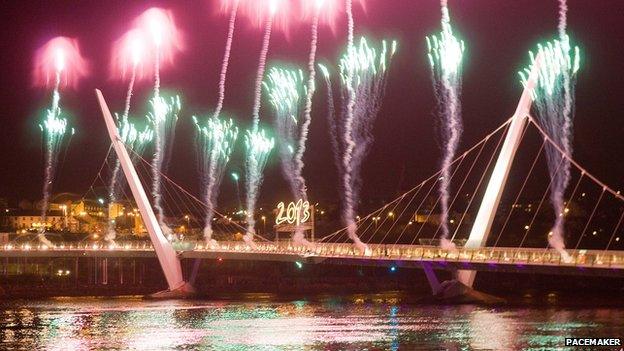
The Peace Bridge in Derry benefited from European money
Since 1995 the border counties of Northern Ireland and the Republic of Ireland have benefited from millions of pounds in funding.
As well as big projects such as the Peace Bridge across the River Foyle in Londonderry, many voluntary community groups have also come to depend on EU money.
Five public meetings will be held at venues in Belfast and Derry in Northern Ireland, Dundalk and Cavan in the Republic of Ireland, as well as Glasgow in Scotland, which benefits from the Interreg programme.
The first stage of the public consultation was held in 2012, and the feedback received from this second phase, external will be considered before the final drafts are sent for approval to the relevant governments. These documents will be submitted to the European Commission on 22 September.
The Peace IV programme has a total value of 269m euros, and a number of aims have been set out:
It will have a strong youth element, allocating "significant levels of financial support" to shared education projects and other initiatives for children and young people; specifically those not in employment, education or training
It has a "shared spaces and services" objective to transform urban, rural and border areas in need of regeneration, designing spaces to "reduce sectarianism and racism by encouraging greater levels of positive cross-community interaction"
It will fund projects with a "civil society" objective to "help create a more cohesive society, where different cultural identities can be celebrated, free from prejudice and intolerance".
The latest Interreg programme has a total value of 282m euros, and has a number of key areas:
Research and innovation support will focus on high value-added sectors including health and life sciences and renewable energy, with a "significant amount of support" to help firms innovate to enhance export capabilities
Cross-border cooperation will be emphasised "for the more efficient delivery of services that will address health inequalities and support the move from institutional to community-based healthcare provision"
Under the proposed environment objective, "support will be provided to the recovery and protection of native species and habitats, the more effective management of marine resources and investment in cross-border solutions to improve water quality".
SEUPB is a north-south body that oversees the management of both EU programmes.
- Published3 June 2014
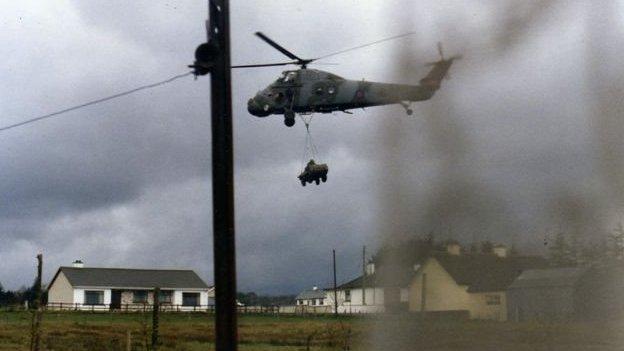
- Published22 November 2012
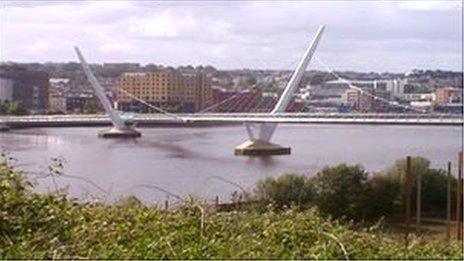
- Published31 October 2012

- Published28 August 2012

- Published16 January 2012
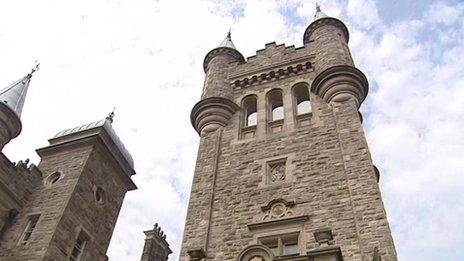
- Published27 June 2011